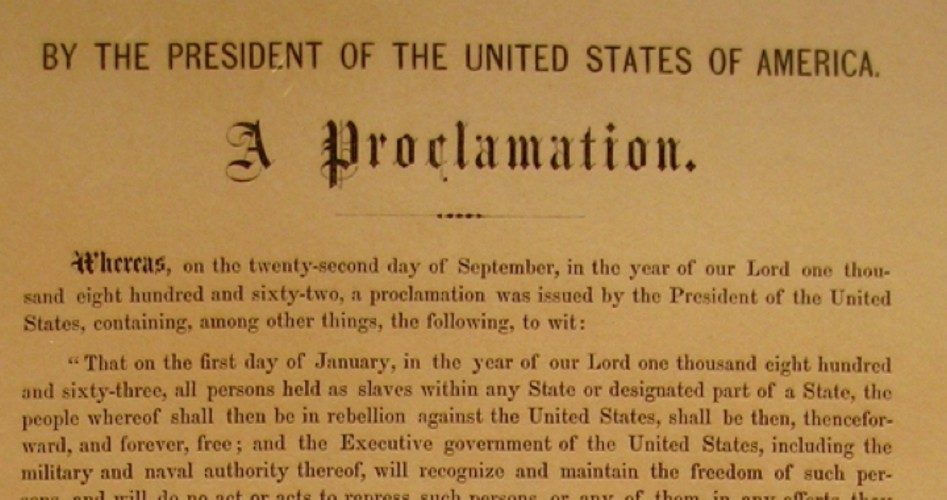
While the nation watches to see what, if anything, Congress will do about the border crisis before going off on a five-week vacation, President Obama is planning “very significant” executive action on immigration by summer’s end, according to a senior White House official. The specter of thousands of unaccompanied children, mainly from Central America, crossing the Texas border has increased a sense of urgency among the American people for reforming the immigration system despite inaction by a “broken Congress,” Dan Pfeiffer, the president’s deputy communications director told the Christian Science Monitor. That gives the president “broad permission” to take action, said Pfeiffer, adding that Obama is consulting with Attorney General Eric Holder and Homeland Secretary Jeh Johnson to be sure his planned action will be on “solid legal footing” and have maximum impact.
The White House isn’t saying just what actions are planned, but Time magazine reports immigration reform advocates who met with the president on June 30 are “expecting something dramatic,” including a moratorium on deportations and the granting of work permits for millions of undocumented immigrants. Activists are calling on the president to extend the administration’s “prosecutorial discretion” to protect the illegal migrants who would have qualified for the “pathway to citizenship” in the bipartisan immigration reform bill that passed the Senate last year but has been shelved in the Republican-controlled House. The Senate bill would have covered up to eight million illegal aliens, according to a Congressional Budget Office analysis.
“I think we can get 3 or 4, maybe even 5 million people” covered by executive order, U.S. Rep. Luis Gutierrez predicted on the Morning Joe radio program Friday. Obama “seems resolute that he’s going to go big and go soon,” Frank Sharry, executive director of the pro-reform group America’s Voice, told Time. The prediction is consistent with what the president himself said after Speaker John Boehner (R-Ohio) said the House would not be voting on immigration reform this year. The president announced he would “do what Congress refuses to do, and fix as much of our immigration system as we can.”
Obama has already taken executive action on immigration, having announced in 2012 a “temporary stopgap measure” to defer deportation efforts against people under 30 who were brought here illegally before their 16th birthday, pose no criminal or security threat, and either completed or served in the military. Those who meet the criteria could receive a two-year deferral from deportation and apply for work permits if they had been living in the United States continuously for five years. The policy, dubbed Deferred Action Against Childhood Arrivals, or DACA, incorporates provisions of the proposed DREAM (Development, Relief and Education for Alien Minors Act) that has been introduced several times in Congress, beginning in 2001, but has never been enacted.
One possible course of action Obama may be considering would be to expand DACA to include some family members of those already eligible, bringing millions more under the “deferred action” umbrella. He might also appeal to business lobbies by extending the protection to an estimated one million or more agricultural workers or ease visa restrictions on high-skilled foreign workers. That might dispel some of the growing anger among Republicans over the president’s increasing reliance on executive action to achieve legislative goals. But some critics of the administration’s immigration policy believe the executive actions Obama has already taken have contributed to the current border crisis. Republican Senator Ted Cruz of Texas has argued that the sharp rise in the number of children captured at the border, from 6,000 in 2011 to an estimated 90,000 this year, is a “direct foreseeable consequence” of Obama’s decision to halt deportation of childhood arrivals. Cruz has been leading the opposition to the administration’s $3.7 billion funding request to deal with the crisis at the border, insisting that Obama first repeal the DACA order.
Obama is not likely to do that, since it would create a resounding revolt in the ranks of his Latino and Hispanic supporters. The administration has, however, said it would support repealing a provision of a 2008 law, signed by President George W. Bush, that grants administrative hearings to illegal border crossers from countries other than Mexico or Canada. That law created a huge backlog of immigration cases for unaccompanied minors who have made their way up from Central America. Whatever happens to the children, it’s clear Obama will push his immigration reform agenda through the fall elections and beyond.
“Are [the Republicans] going to go back and try to pass comprehensive immigration reform — [after] which the president will rip up whatever executive action he does the day they pass that?” Pfeiffer asked in his interview with the Monitor. “Or are they basically going to set themselves up for the next two and a half years here to be arguing to elect a Republican in order to deport all these people?”
Photo is of the opening segment of the Emancipation Proclamation


